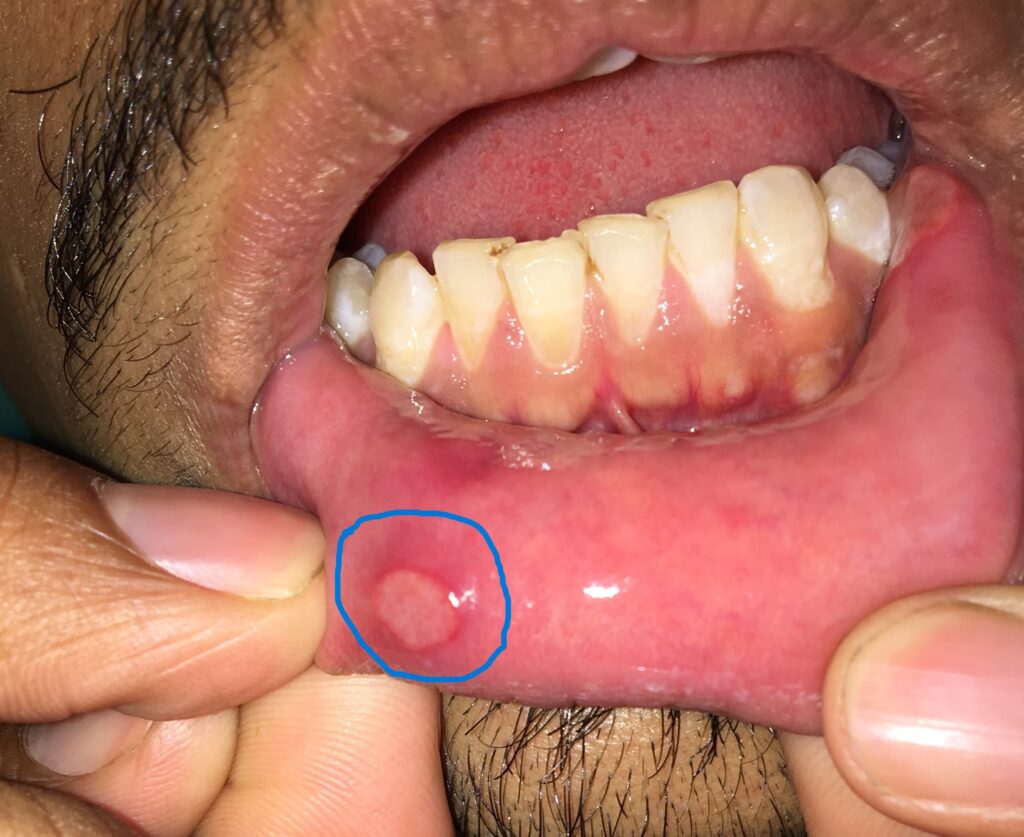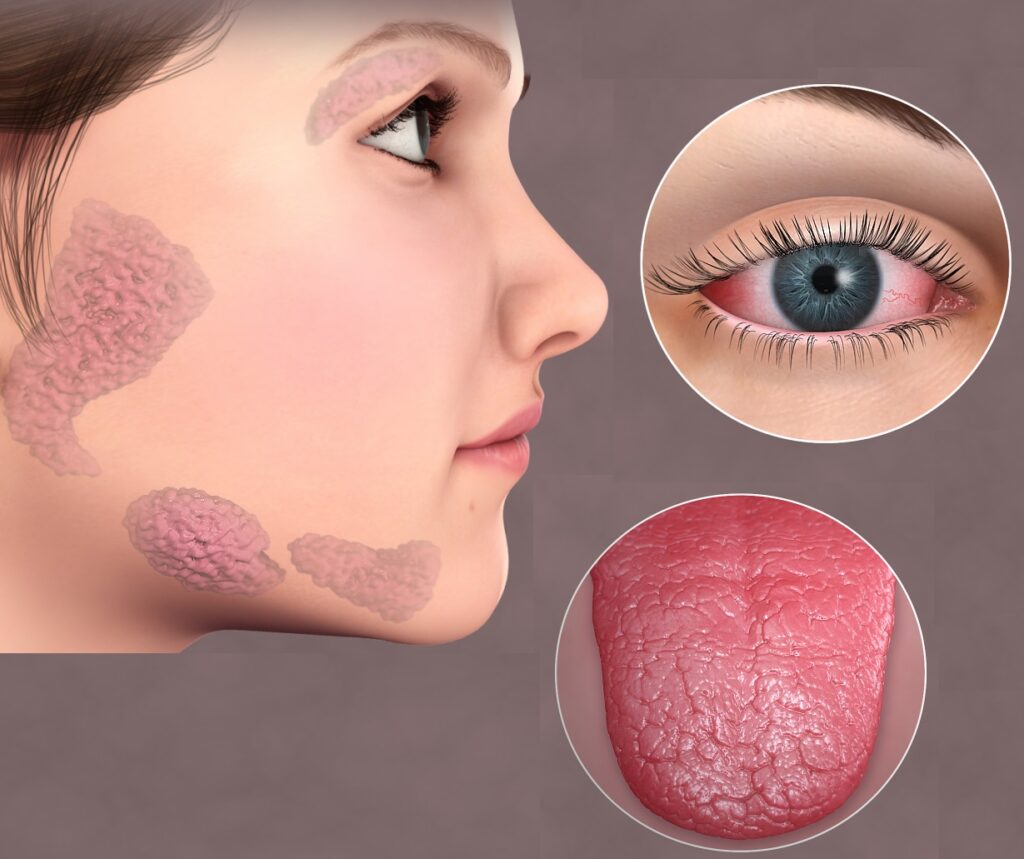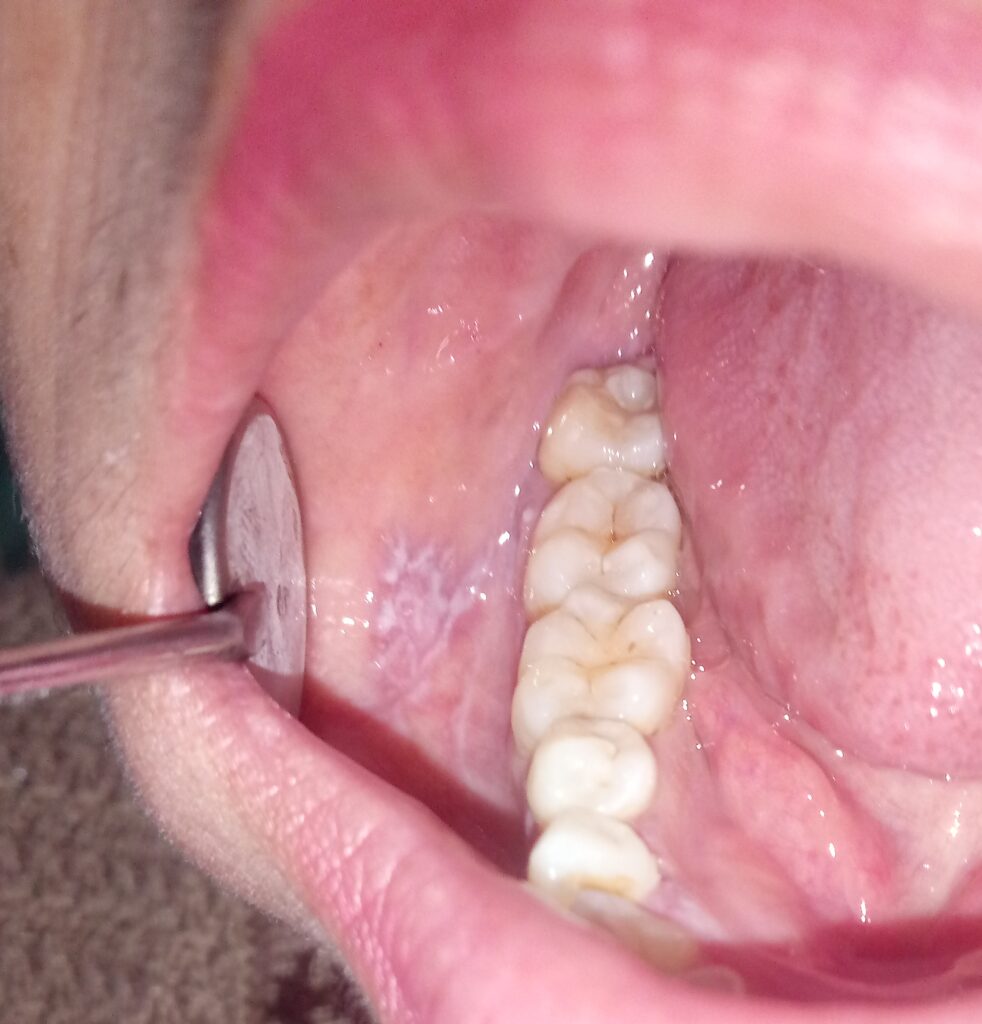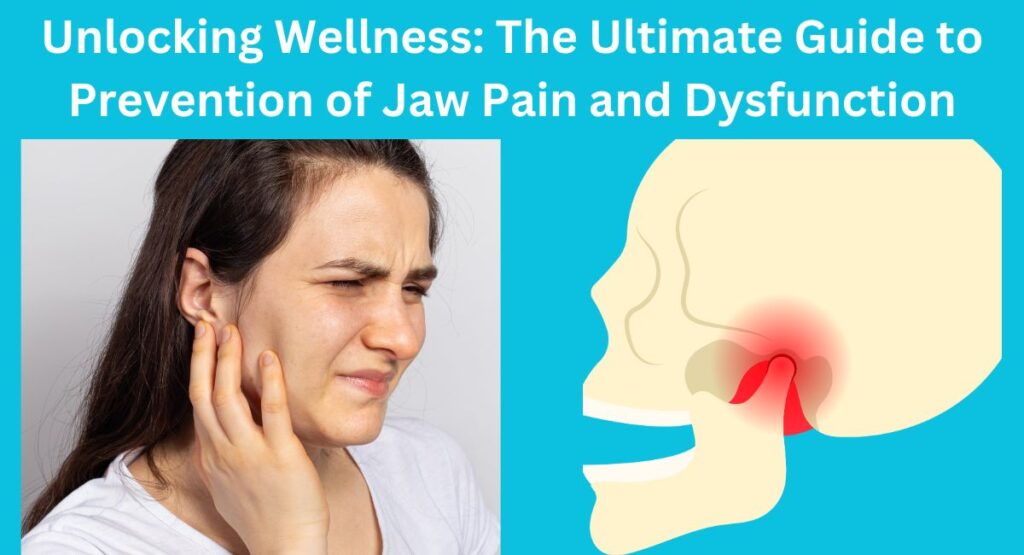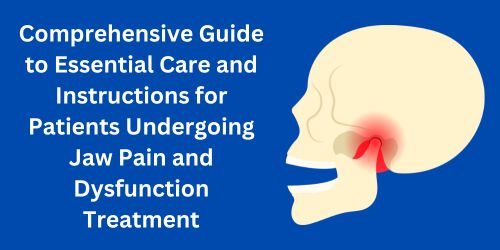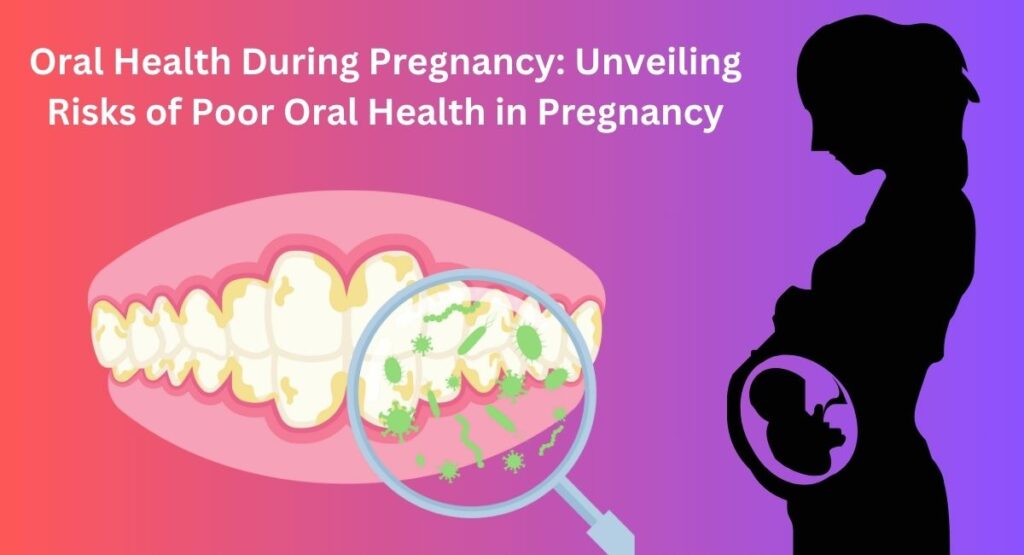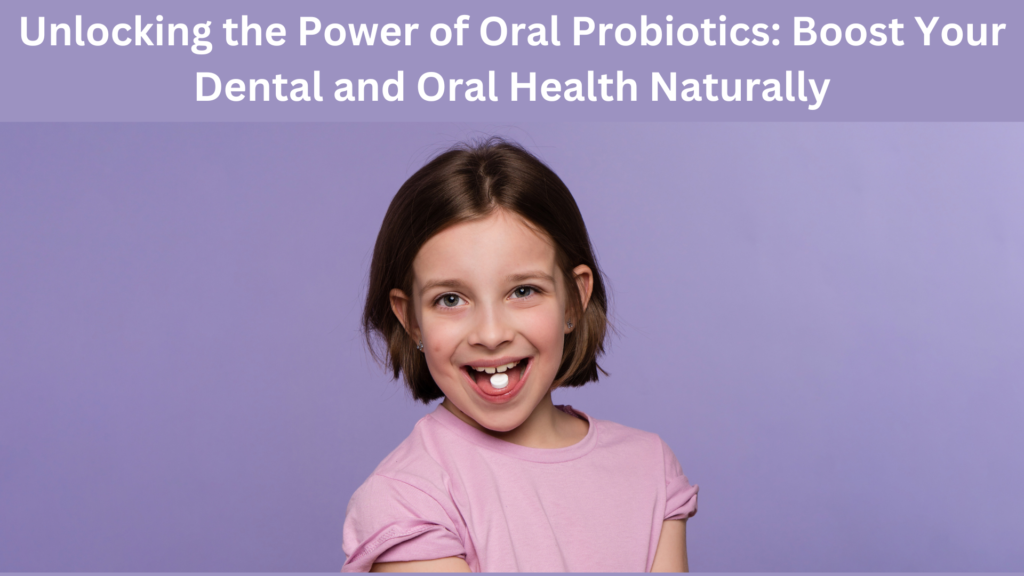
Oral probiotics in oral health
While probiotics are well-known for their role in supporting gut health, their benefits extend beyond the digestive system. Oral probiotics, specifically designed for the mouth, can play a significant role in maintaining a healthy oral ecosystem. In this comprehensive guide, we will explore the importance of oral probiotics, their potential benefits, and how they can help you achieve a bright and healthy smile.
This post may contain affiliate links which means we may receive a small commission (at no additional cost to you) for purchases made through links. We include products we think are useful for our readers. Learn more on our Disclaimer page.
What are Probiotics?
Probiotics are living microorganisms that provide health benefits when consumed in adequate amounts. These beneficial bacteria and yeasts are commonly found in fermented foods and supplements. They are often referred to as “good” or “friendly” bacteria because of their positive impact on the digestive system.
How Do Probiotics Work?
Probiotics work by restoring the natural balance of microorganisms in the gut. The human digestive system is home to trillions of bacteria, both good and bad. When this balance is disrupted, it can lead to various digestive issues and even impact overall health. Probiotics help replenish the beneficial bacteria, promoting a harmonious environment in the gut. Similarly, the mouth also has a significant number of microbes, and oral probiotics can be used to maintain oral flora and prevent oral diseases for better oral and overall health.
Understanding Oral Probiotics
Oral probiotics are live microorganisms that, when consumed in adequate amounts, can promote a healthy balance of bacteria in the mouth. They are specifically formulated to target the oral cavity and provide a range of benefits for teeth, gums, and overall oral hygiene.
The Importance of Oral Health
Maintaining good oral health is essential for overall well-being. Poor oral hygiene can lead to various dental issues, such as cavities, gum disease, and bad breath. Additionally, oral health is closely linked to systemic health, with research suggesting connections between gum disease and conditions like heart disease and diabetes.
Benefits of Oral Probiotics
- Reducing Plaque and Tartar: By promoting a healthy balance of bacteria, oral probiotics may help reduce the formation of plaque and tartar on teeth.
- Preventing Tooth Decay: Certain strains of oral probiotics can inhibit the growth of harmful bacteria responsible for tooth decay, reducing the risk of cavities.
- Supporting Gum Health: A balanced oral microbiome can contribute to healthier gums and a lower risk of gum disease.
- Preventing Bad Breath: Oral probiotics can help reduce the population of odor-causing bacteria, leading to fresher breath.
- Enhancing Tooth Enamel: Some oral probiotics may produce substances that strengthen tooth enamel, making teeth more resistant to decay.
- Supporting the Immune System: A healthy mouth with balanced oral bacteria contributes to overall immune system support.
Scientific Evidence
A comprehensive scientific review indicates that incorporating probiotics may have positive implications for supporting oral health by reducing the counts of harmful oral pathogens. However, to validate their effectiveness in lowering the occurrence of oral infectious diseases, it is essential to conduct randomized clinical trials with extended follow-up periods.
Common Strains in Oral Probiotics
- Lactobacillus reuteri: This strain is known for its ability to inhibit harmful bacteria, reducing plaque formation and promoting gum health.
- Streptococcus salivarius: It produces enzymes that help break down plaque and supports a healthy oral environment.
- Bifidobacterium lactis: This probiotic strain is believed to help fight bad breath and support gum health.
Common Sources of Oral Probiotics
Oral probiotics can be found in various forms, such as lozenges, gums, and toothpaste. Some common sources of oral probiotics include:
| Products | Description |
| Probiotic Lozenges | Dissolvable tablets for oral use |
| Probiotic Chewing Gums | Chewing gum containing probiotics |
| Probiotic Toothpastes | Toothpaste infused with probiotics |
| Oral probiotic sprays | Sprays designed for oral hygiene |
Chewable Oral probiotics for Adults
Oral probiotics for Kids
Toothpaste with oral probiotics
How to Choose the Right Oral Probiotic Product
When selecting an oral probiotic product, consider the following factors:
- Strain Specificity: Look for products with specific strains known to promote oral health, such as Lactobacillus reuteri and Streptococcus salivarius.
- CFU Count: Check the Colony-Forming Units (CFUs) on the product label. Higher CFU counts indicate a more potent product.
- Sugar Content: Choose products with low or no added sugars to avoid feeding harmful oral bacteria.
How to Use Oral Probiotics
Here are some essential tips for using oral probiotics effectively:
- If you are considering taking oral probiotics, it’s essential to consult with a healthcare professional, such as a dentist and a doctor or a registered dietitian, before starting any new supplement regimen. They can help determine if probiotics are appropriate for you and recommend the specific strains and dosages that align with your individual health needs.
- Additionally, remember that dietary supplements, including probiotics, are not regulated as strictly as medications, so it’s crucial to choose reputable brands that have been independently tested for quality and safety.
- Oral probiotics are available in various forms, including lozenges, mouthwashes, and toothpaste. Always follow the recommended dosage and usage guidelines provided by the manufacturer or your healthcare provider. If you experience any adverse effects while taking probiotics, discontinue use and consult your healthcare professional.
- Timing Matters: Using oral probiotics after brushing and flossing can increase their effectiveness.
- Consistency is Key: Incorporate oral probiotics into your daily oral care routine for consistent benefits.
- Pair with Good Oral Hygiene: Oral probiotics are most effective when used alongside regular brushing, flossing, and dental check-ups.
Conclusion
Oral probiotics offer a promising approach to improving oral health and supporting overall well-being. By incorporating these friendly bacteria into your oral care routine, you can enhance your dental health, prevent dental issues, and promote a healthier mouth. Remember, oral probiotics are not a replacement for oral hygiene routine and professional dental care, so continue to prioritize regular dental check-ups and maintain good oral hygiene practices.
Frequently Asked Questions (FAQs)
Q: Can oral probiotics replace regular dental check-ups?
A: No, oral probiotics are not a substitute for professional dental care. Regular check-ups and cleanings are still essential for maintaining optimal oral health.
Q: Are oral probiotics safe for children?
A: Most oral probiotics are safe for children. However, it’s best to consult a pediatric dentist or healthcare professional for appropriate dosage and recommendations.
Q: Can oral probiotics whiten teeth?
A: Oral probiotics are not designed for teeth whitening. Their primary function is to promote oral health by balancing bacteria.
Q: Are there any side effects of using oral probiotics?
A: In general, oral probiotics are safe and well-tolerated. However, some individuals may experience mild digestive upset initially, which usually subsides quickly.
Q: Can oral probiotics help with gum disease?
A: Some studies suggest that certain strains of oral probiotics may help reduce gum inflammation and support gum health. However, they should be used as a complementary approach alongside professional dental treatment.
Q: How long does it take to see results with oral probiotics?
A: The timeline for experiencing benefits may vary among individuals. Some may notice improvements within a few weeks, while others may take longer.


